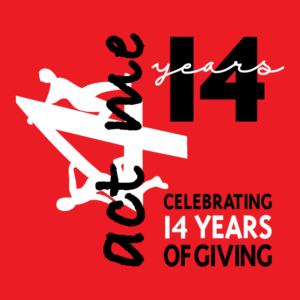When My Son With Autism Noticed a Man With Prosthetic Legs
Several years ago, during one of our holiday trips, we went shopping at Downtown Disney. For those who aren’t familiar, Downtown Disney is an open mall, filled with shops and restaurants. The stores were crowded with vacationers and locals enjoying the holiday decorations.
As always, my son, Mike, was walking in front of me. I typically walk behind him. I guide him through crowds verbally and redirect him as needed. He tends to walks at an extremely fast pace; whenever I get ahead of him, he speeds up to pass me.
